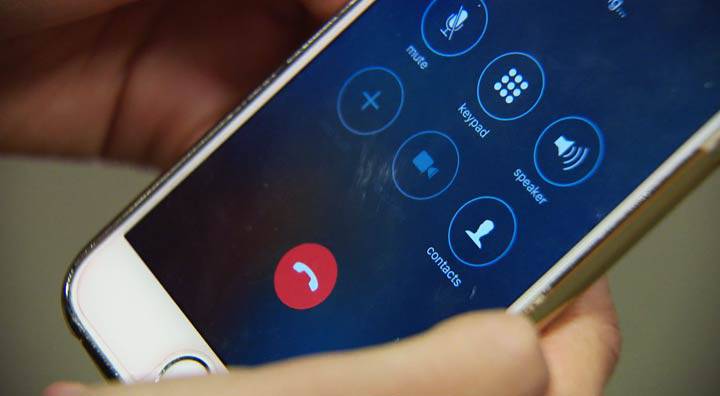Virtual care tools have changed the way family doctors practice medicine, according to the Saskatchewan Medical Association (SMA).

The association said telephone and video consultations have become the first choice in order to avoid unnecessary contact and possible exposure to COVID-19 through visits to doctors’ offices, which remain open.
Thousands of patients in the province have contacted their physicians through these virtual care tools, according to a press release.
Dr. Carla Holinaty, chair of the SMA section of family practice, said people should call their doctor’s office first if they have questions or want to know whether a virtual or an in-person appointment is needed.
“We need to make sure that we are screening for COVID symptoms and directing our patients to the most appropriate and safest places to receive care,” Holinaty said in a statement on April 2.
“Your family physician is best equipped to deal with your situation and to provide you with advice on your next steps… that could mean a referral for a COVID-19 test if you show any of the symptoms, but it could also mean asking you to come into the office to deal with other medical issues.”
SMA said it negotiated with the Ministry of Health to enable temporary virtual fee codes as a new means of communication during the pandemic.
Dr. Kathy Lawrence, provincial head of family medicine at the University of Saskatchewan, noted the implications for virtual care beyond the COVID-19 crisis are enormous.

In the future, she said family physicians should be supported through the development of new fee codes that would facilitate an on-call virtual care number that patients could call after hours.
This would provide continuity of care between doctors and patients through a preferred medium, Lawrence said.
She also suggested increasing the scope of the 811 HealthLine to provide medical consultations funded through fee codes within the public system.
The SMA said it advocates for a high-quality and patient-centred health care system on behalf of Saskatchewan’s 2,300 practising doctors.
Questions about COVID-19? Here are some things you need to know:
Health officials caution against all international travel. Returning travellers are legally obligated to self-isolate for 14 days, beginning March 26, in case they develop symptoms and to prevent spreading the virus to others. Some provinces and territories have also implemented additional recommendations or enforcement measures to ensure those returning to the area self-isolate.
Symptoms can include fever, cough and difficulty breathing — very similar to a cold or flu. Some people can develop a more severe illness. People most at risk of this include older adults and people with severe chronic medical conditions like heart, lung or kidney disease. If you develop symptoms, contact public health authorities.
To prevent the virus from spreading, experts recommend frequent handwashing and coughing into your sleeve. They also recommend minimizing contact with others, staying home as much as possible and maintaining a distance of two metres from other people if you go out.
For full COVID-19 coverage from Global News, click here.



Comments